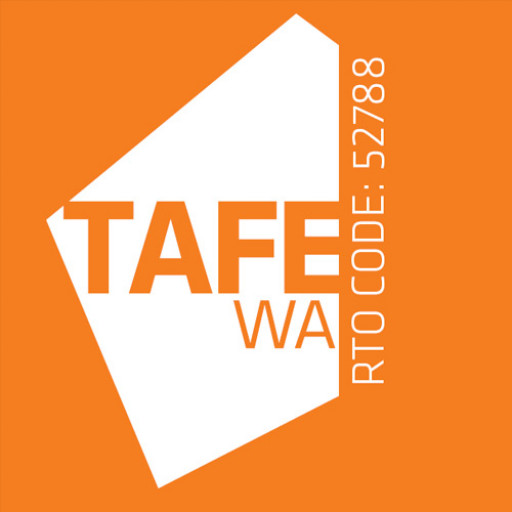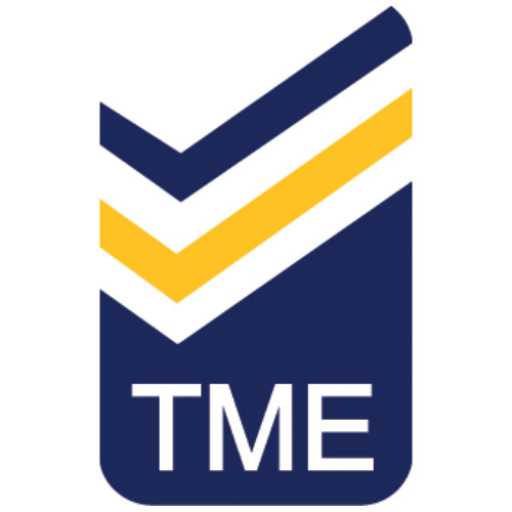Photos of university / #michiganstateu
The Certificate in Supply Chain Management and Logistics at Michigan State University offers students an in-depth understanding of the fundamental principles and practices that drive modern supply chains. Designed for professionals seeking to enhance their knowledge and skills in logistics, procurement, transportation, and inventory management, this program provides a comprehensive overview of the critical functions that ensure the efficiency and effectiveness of supply chain operations. Participants will explore contemporary challenges facing supply chain managers, including global sourcing, technological innovations, sustainability, and risk management. The curriculum emphasizes practical applications, enabling students to develop strategic solutions for complex logistical problems, optimize supply chain processes, and leverage data analytics for decision-making. Developed by expert faculty with industry experience, the program integrates theoretical frameworks with real-world case studies, fostering a competitive edge in the global market. Whether aiming to advance within their current organization or transitioning into supply chain roles, students will benefit from flexible online modules designed to fit busy professional schedules. Upon completion, participants will be equipped with the critical skills to improve operational performance, reduce costs, and create value for their organizations. The program also offers networking opportunities with industry leaders, access to the latest research, and career development resources to support lifelong learning and professional growth in the dynamic field of supply chain management.
The Certificate in Supply Chain Management and Logistics at Michigan State University offers a comprehensive curriculum designed to equip students with the fundamental and advanced skills necessary to excel in the dynamic field of supply chain operations. This program provides learners with an in-depth understanding of the core principles that underpin effective supply chain strategies, including procurement, transportation, warehouse management, inventory control, and distribution. Through a combination of theoretical coursework and practical applications, students gain insights into modern logistical challenges and innovative solutions used by leading organizations worldwide.
The program emphasizes analytical skills, enabling students to evaluate supply chain processes critically and implement improvements that enhance efficiency and reduce costs. Participants will explore key topics such as supply chain planning, demand forecasting, supplier relationship management, and sustainability practices within logistics. Additionally, the curriculum highlights emerging technologies like automation, data analytics, and information systems that are transforming supply chain operations today.
Designed for professionals seeking to advance their careers or individuals aiming to enter the logistics industry, the certificate offers flexible learning options, including online coursework that accommodates busy schedules. Throughout the program, students engage in case studies, simulations, and project-based assignments that foster real-world problem-solving skills. Upon successful completion, participants are prepared to pursue a variety of roles in supply chain management, logistics coordination, procurement, and related fields.
Offering a blend of academic rigor and practical relevance, this certificate ensures that graduates are well-versed in industry best practices and equipped with the skills needed to drive operational excellence. Whether aiming to advance within their current organization or seeking to expand their expertise for new opportunities, students will find this program to be a valuable stepping stone toward a successful career in supply chain and logistics management.
Program requirements for the Certificate in Supply Chain Management and Logistics at Michigan State University include the successful completion of a series of courses designed to provide foundational and advanced knowledge in the field. Students are typically required to complete a minimum of 12 to 15 credit hours, which may encompass core courses such as Supply Chain Management Principles, Logistics Management, and Operations Management. Prerequisites usually involve foundational coursework in business or management to ensure students possess the necessary background for advanced topics.
Students must maintain a minimum grade point average specified by the program, often around a 2.0 or higher, to progress through and complete the certificate. Some courses might have specific prerequisites or co-requisites, such as introductory courses in economics or business statistics, to ensure students can follow more complex material. The program encourages the integration of practical skills with theoretical knowledge, so participation in case studies, projects, or internships may be recommended or required, depending on the curriculum design at the time of enrollment.
In addition to coursework, students might be required to pass a final assessment or project that demonstrates their understanding of key concepts in supply chain management and logistics. Designed to be flexible for working professionals, the certificate can usually be completed part-time over several semesters, with options for online or on-campus courses. Continuous registration and timely completion of all coursework are necessary for certification. No specific thesis or comprehensive exam is typically required, but students are expected to fulfill any individual course requirements as stipulated. Overall, the program aims to equip graduates with the critical skills needed for careers in supply chain and logistics management, emphasizing practical application, industry best practices, and strategic thinking.
Apply for Government-Backed Assistance
Financial aid can come from a variety of sources, including federal loans and grants. Federal Direct (Stafford/Ford) Loans are available to graduate students and must be repaid, typically via installment payments, upon graduation. Providing nearly 14 million postsecondary students with over $150 billion a year in assistance, federal student aid programs are the largest source of student aid in America. Download a free Financial Aid Guide, which explains how to apply for federal loans and grants.
FAFSA
If you require financial assistance to finance your degree, your first step is to submit the Free Application for Federal Student Aid as soon as possible after January 1 the year you plan to enroll. The FAFSA evaluates eligibility for federal student loans and other need-based aid such as scholarships, grants and loans. You will need to provide the school code for Michigan State University, which is 002290.
Federal Direct (Stafford/Ford) Loans
The Certificate in Supply Chain Management and Logistics at Michigan State University is designed to provide students and professionals with a comprehensive understanding of the fundamental principles and practices involved in supply chain operations. This program aims to equip participants with the skills necessary to effectively manage and optimize supply chain processes, including procurement, inventory management, transportation, and distribution. The certificate emphasizes strategic planning and the integration of logistics functions to ensure seamless coordination across various segments of the supply chain.
Participants will learn about the latest industry standards, technological tools, and analytical techniques used to enhance supply chain efficiency and responsiveness. The curriculum typically covers topics such as supply chain strategy, supply chain finance, information technology applications, sustainability considerations, and risk management. The program is suitable for individuals seeking to advance their careers in logistics, operations, procurement, or related fields, as well as for those transitioning into supply chain roles from other disciplines.
Michigan State University has a strong reputation in supply chain education, largely due to its renowned Broad College of Business. The certificate program may be offered online, on-campus, or in a hybrid format, providing flexibility for working professionals. Upon completion, participants receive a recognized credential that can complement their existing qualifications and enhance their career prospects. The program also emphasizes real-world case studies, project-based learning, and industry engagement to ensure practical applicability of the concepts learned.
Overall, the Certificate in Supply Chain Management and Logistics enables learners to develop a strategic and operational mindset necessary for modern supply chain challenges. It prepares students to contribute effectively to their organizations by applying innovative solutions, improving supply chain resilience, and supporting organizational goals. Given Michigan State University's extensive research and teaching in logistics and supply chain management, participants benefit from expert faculty, cutting-edge curriculum, and a network of industry connections that foster professional development and lifelong learning.









